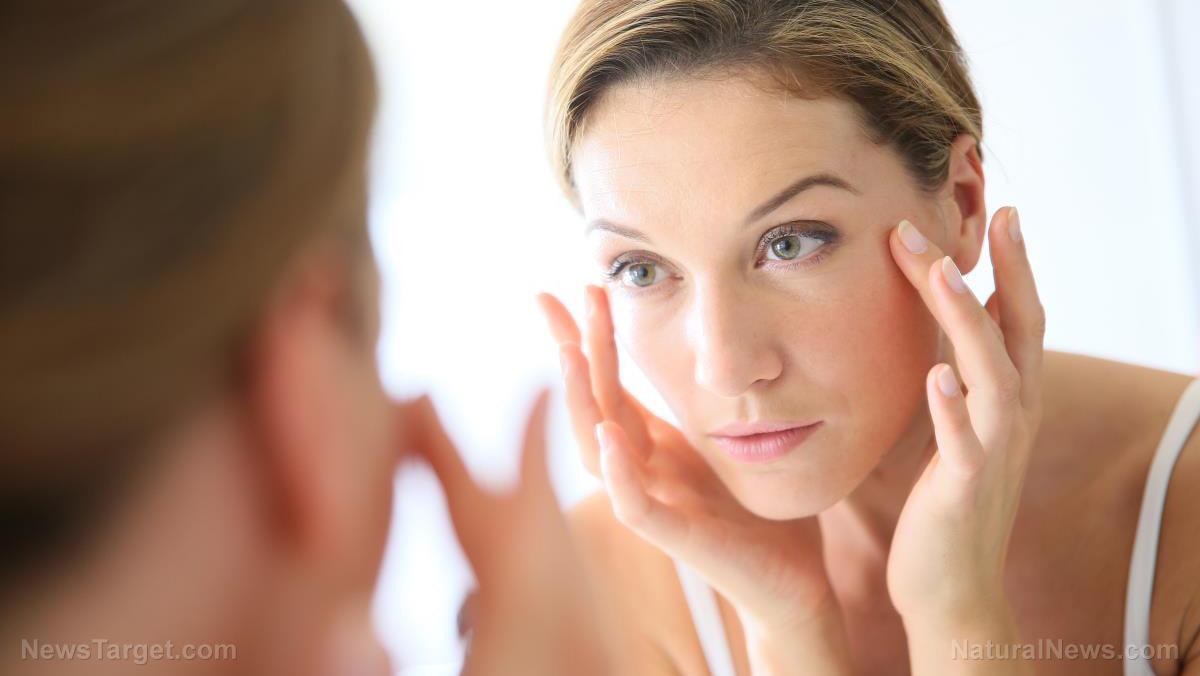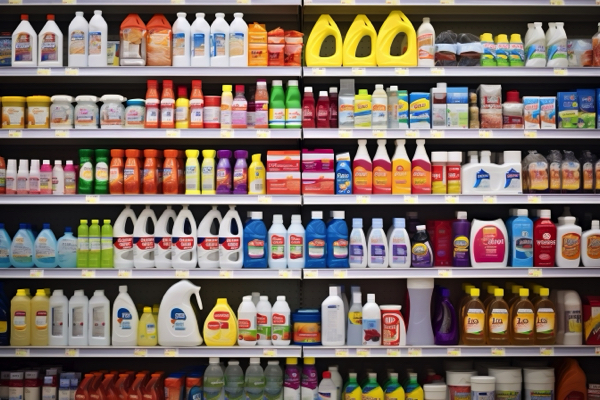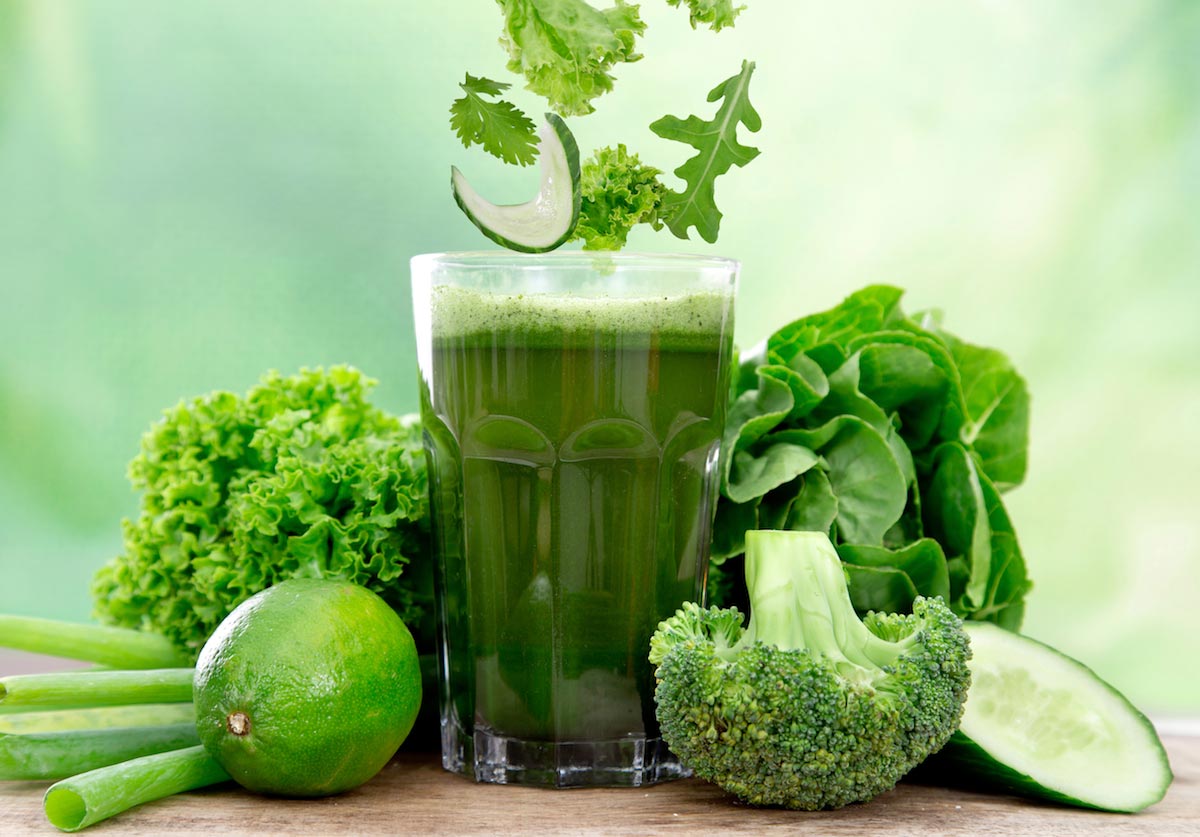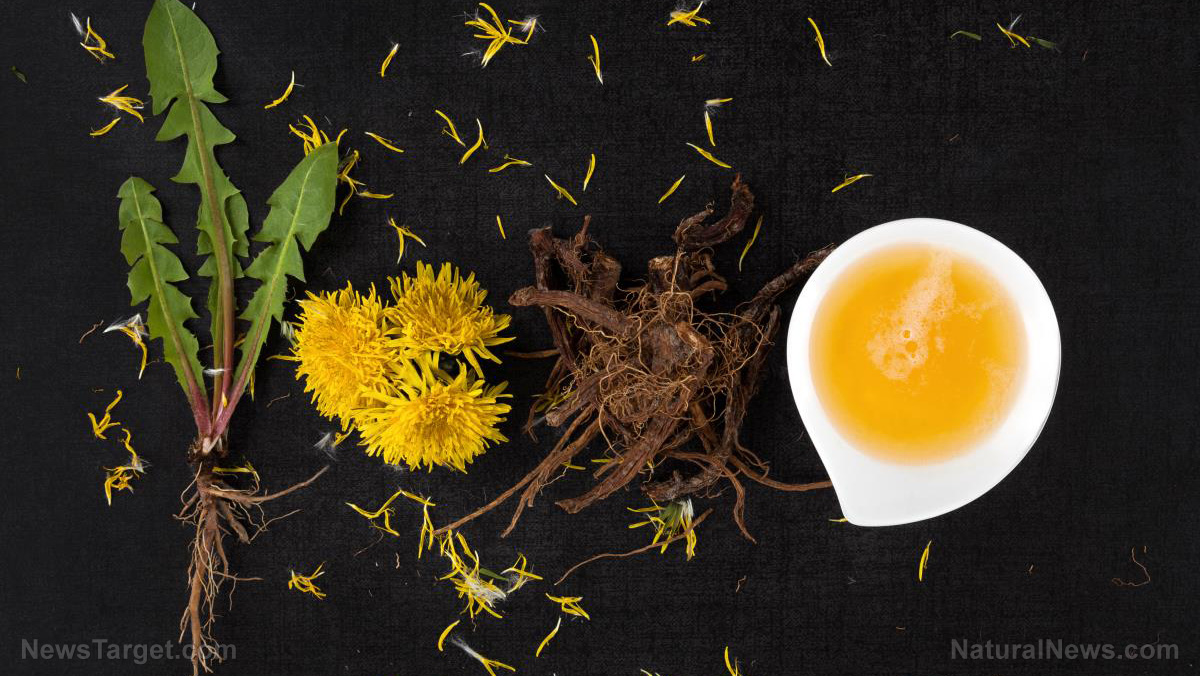Skin rejuvenation without toxins: The science-backed natural alternatives big beauty doesn’t want you to know
09/19/2025 / By Willow Tohi

- While effective, synthetic retinol increases UV sensitivity and may disrupt hormonal balance—natural vitamin A from food (like liver, eggs and leafy greens) offers safer benefits.
- Hydrolyzed collagen supplements show promise, but diet (bone broth, wild-caught fish, berries) and avoiding sugar/processed foods protect skin’s structural proteins better than creams.
- Glycolic acid and mechanical scrubs damage the skin barrier over time; gentler alternatives like raw honey, papaya and oatmeal achieve similar results without toxicity.
- Mainstream “anti-aging” products often contain endocrine disruptors (parabens, phthalates) linked to cancer and infertility—yet natural oils (rosehip, sea buckthorn) outperform them in long-term studies.
- The $532 billion cosmetics industry suppresses natural solutions, prioritizing patented synthetics—despite evidence that diet, sleep and stress management reverse aging more effectively than serums.
For decades, women and men have been sold a lie: that youthful skin comes in a bottle—preferably one labeled with retinol, peptides or alpha hydroxy acids. Yet as the global skincare market balloons to over half a trillion dollars, a growing body of research reveals that many of these “hero ingredients” may do more harm than good. Worse, the most effective anti-aging strategies—diet, detoxification and holistic lifestyle changes—are systematically downplayed by an industry profiting from repeat customers hooked on quick fixes.
The problem isn’t just that synthetic skincare often falls short; it’s that the very products marketed as “rejuvenating” can accelerate aging by disrupting hormonal balance, thinning the skin and exposing users to carcinogenic chemicals. A 2023 study in Journal of Clinical and Aesthetic Dermatology found that 40% of popular anti-aging creams contain ingredients linked to endocrine disruption, while a Harvard Medical School analysis warned that chronic use of high-potency retinol may increase skin fragility over time.
Yet the alternatives—food-as-medicine approaches, herbal extracts and non-toxic topicals—have been sidelined in favor of lab-made patented compounds. “The cosmetics industry has a vested interest in keeping consumers dependent on products rather than empowering them with knowledge about true skin health,” says Fleur Hupston, a naturopathic student and health writer for Natural News. “Collagen powders and retinol serums are big business, but they’re Band-Aids compared to addressing root causes like gut health, toxin exposure and nutrient deficiencies.”
The retinol paradox: Collagen booster or hormonal disruptor?
Retinol, a derivative of vitamin A, is the gold standard of anti-aging—but at what cost? While studies confirm its ability to stimulate collagen (a 2007 Journal of Cosmetic Dermatology trial showed a 27% increase in skin thickness after 6 months of use), dermatologists rarely disclose its downsides:
- Increased UV vulnerability: Retinol thins the stratum corneum, the skin’s protective outer layer, making it more prone to sun damage—ironic, given that UV exposure is the primary cause of aging.
- Hormonal interference: Synthetic retinol (unlike food-based vitamin A) may disrupt retinaldehyde metabolism, linked to reproductive issues in animal studies.
- The rebound effect: Many users experience worse wrinkles and redness when they stop using retinol, suggesting dependency.
“Retinol works by forcing cell turnover, which can backfire long-term,” explains Dr. Trevor Cates, a naturopathic physician and author of Clean Skin From Within. “Instead of relying on synthetic vitamin A, I recommend getting retinol’s precursor—beta-carotene—from organic carrots, sweet potatoes and leafy greens. Your body converts it to vitamin A as needed, without the risks.”
A 2020 Nutrients journal review found that dietary vitamin A from whole foods improved skin elasticity by 18% over 12 weeks—without the irritation of topical retinol.
Collagen supplements: Marketing hype or legit skin savior?
Collagen peptides are the darling of the wellness world, with sales projected to hit $7.5 billion by 2027. Proponents cite studies like a 2019 Journal of Cosmetic Dermatology trial where women taking 2.5g of hydrolyzed collagen daily saw a 20% reduction in wrinkles after 8 weeks.
But here’s what the ads don’t tell you:
- Most collagen is denatured: Heat processing destroys the protein’s natural structure, reducing bioavailability.
- Source matters: Bovine collagen (from factory-farmed cows) may contain hormones, antibiotics and heavy metals.
- You’re better off eating it: Bone broth, wild salmon and pastured egg yolks provide bioactive collagen plus co-factors like zinc and vitamin C that boost synthesis.
“Collagen supplements are a drop in the bucket compared to what your body can produce when given the right raw materials,” says Hupston. “Sugar, seed oils and processed foods glycate collagen, making it stiff and brittle. Cutting those out does more for your skin than any powder.”
The exfoliation trap: Why scrubbing your skin is a short-term fix with long-term damage
Dermatologists and estheticians push glycolic acid and mechanical exfoliation as essential for “cell turnover,” but over-exfoliation is now recognized as a leading cause of premature aging. A 2022 Dermatologic Therapy study found that women who exfoliated more than twice weekly had 30% thinner skin by age 50.
The alternatives? Nature’s exfoliants:
- Papaya: Contains papain, an enzyme that dissolves dead skin without irritation.
- Raw honey: A natural humectant with antibacterial properties; studies show it reduces wrinkle depth by 15% with consistent use.
- Oatmeal: Soothes while gently buffing, ideal for sensitive skin.
“Your skin is an ecosystem, not a battlefield,” says Dr. Cates. “Scrubbing it like a cast-iron pan strips away its microbiome and lipid barrier, leading to chronic inflammation—the #1 accelerator of aging.”
What’s really in your “anti-aging” cream?
While retinol and peptides grab headlines, the real danger lurks in the “inactive” ingredients:
- Parabens: Mimic estrogen, linked to breast cancer and infertility.
- Phthalates: Found in fragrances, disrupt thyroid function (critical for skin repair).
- Phenoxyethanol: A preservative banned in Japan for causing skin atrophy.
A 2021 Environmental Health Perspectives analysis detected 13 endocrine-disrupting chemicals in 33% of “clean” beauty products tested. “The FDA doesn’t require pre-market safety testing for cosmetics,” warns Hupston. “Companies can put almost anything in a bottle and call it ‘anti-aging.’”
The solution? Simplify:
- Rosehip oil: Clinically proven to reduce wrinkles by 23% in 8 weeks (2015 Journal of Cosmetic Science).
- Sea buckthorn oil: Packs 190 bioactive compounds, including omega-7 for skin regeneration.
- Aloe vera: Stimulates fibroblasts (collagen-producing cells) better than many serums.
The bottom line: Your skin’s fate isn’t in a jar—it’s on your plate
The skincare industry wants you to believe that youth is something you apply. But the truth? Aging is an inside job.
- Eat for collagen: Bone broth, citrus fruits (vitamin C) and sulfur-rich garlic boost natural production.
- Ditch the sugar: Glycation ages skin 10x faster than sun exposure (Dermato-Endocrinology, 2012).
- Sleep like it’s your job: Growth hormone peaks at night—skipping sleep = 50% less collagen repair.
- Manage stress: Cortisol breaks down hyaluronic acid, the molecule that keeps skin plump.
“The best ‘anti-aging’ routine isn’t a routine at all—it’s a lifestyle,” says Hupston. “Your skin renews itself every 28 days. Give it the right nutrients, protect it from toxins, and it will glow—no $300 serum required.”
In a world where Big Beauty spends $30 billion annually on marketing, the most radical act of self-care might just be ignoring the hype—and trusting nature instead.
Sources for this article include:
Submit a correction >>
Tagged Under:
alternative medicine, Censored Science, collagen, healing, hormonal balance, natural health, natural remedies, remedies, skincare, supplements, toxins
This article may contain statements that reflect the opinion of the author





















